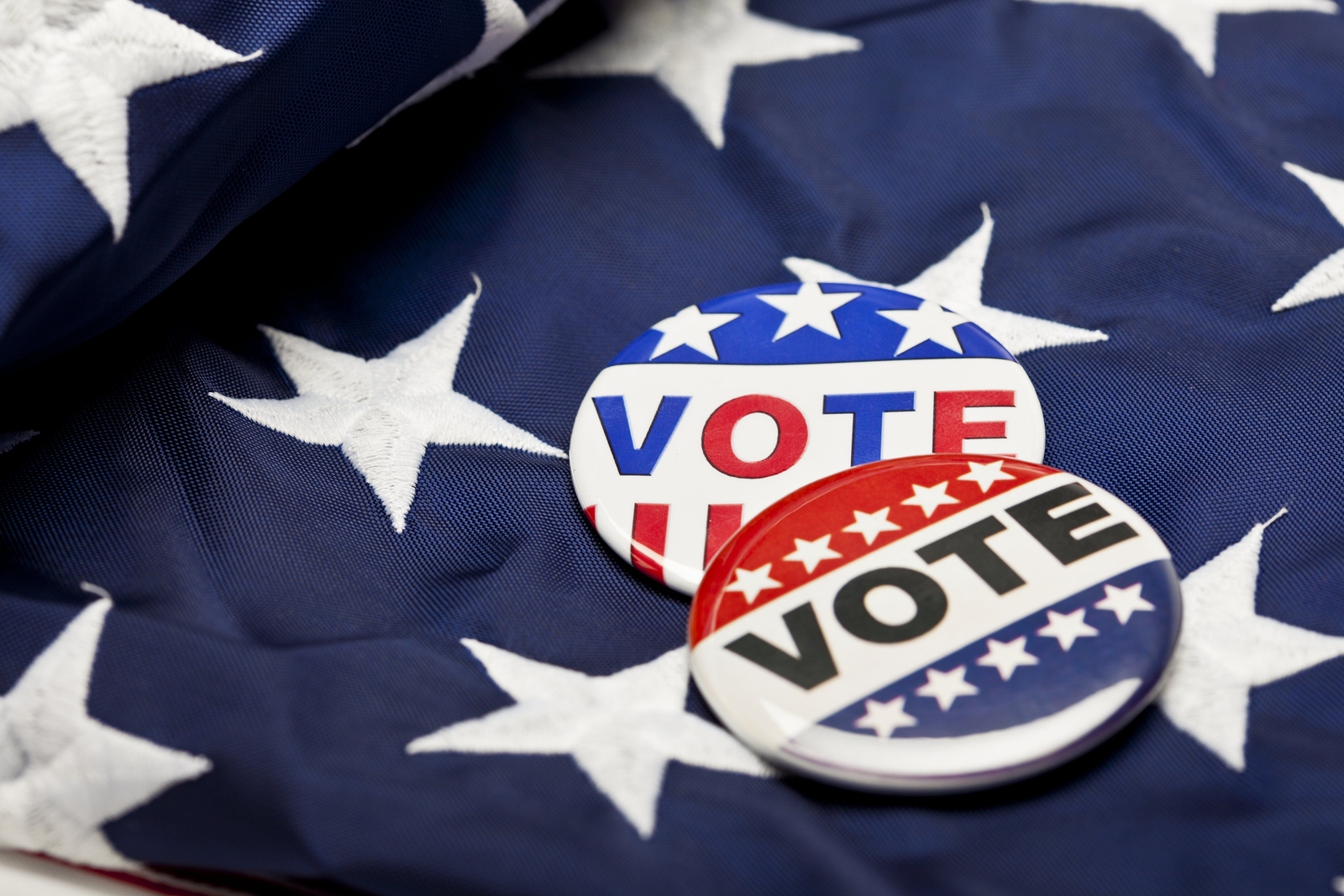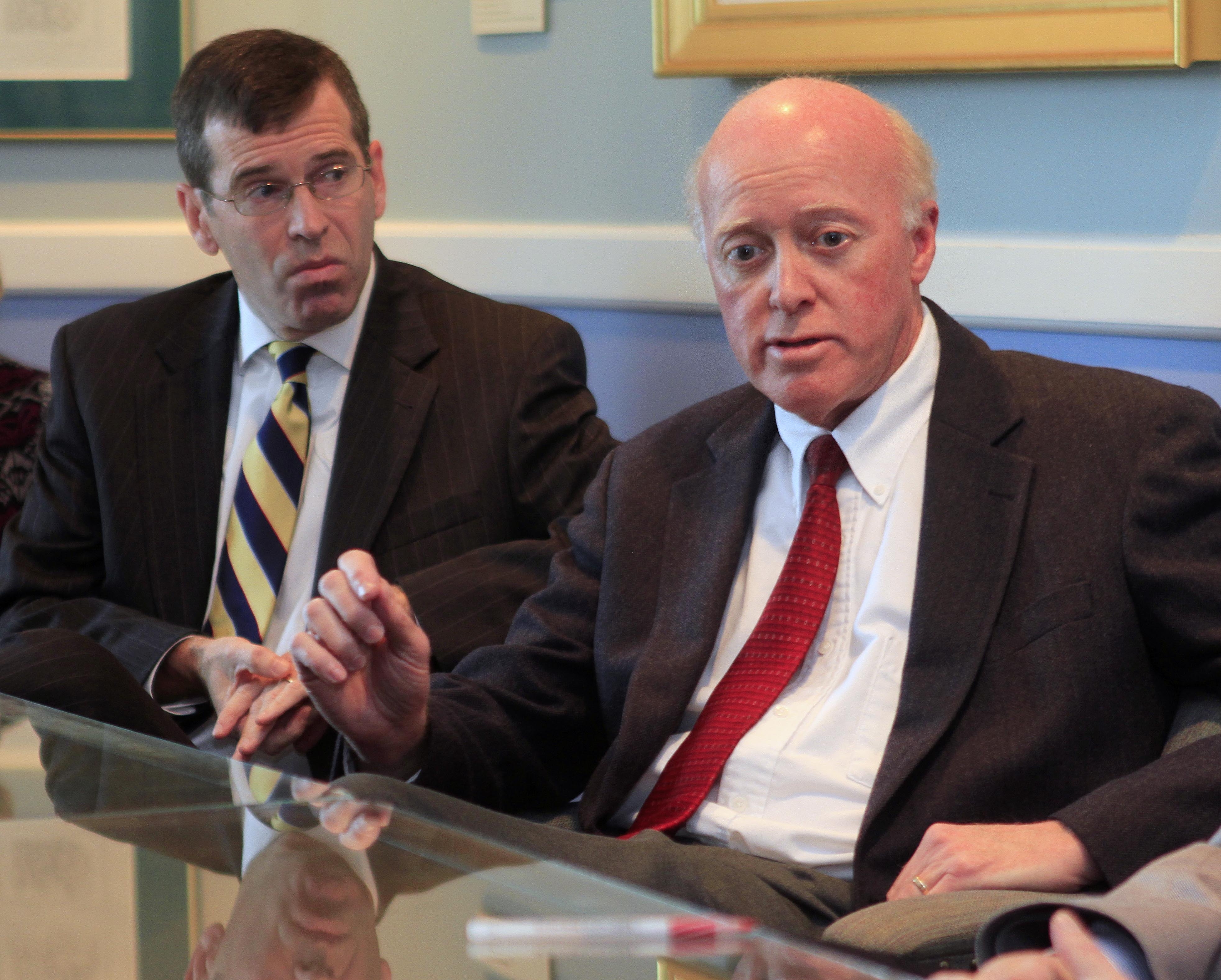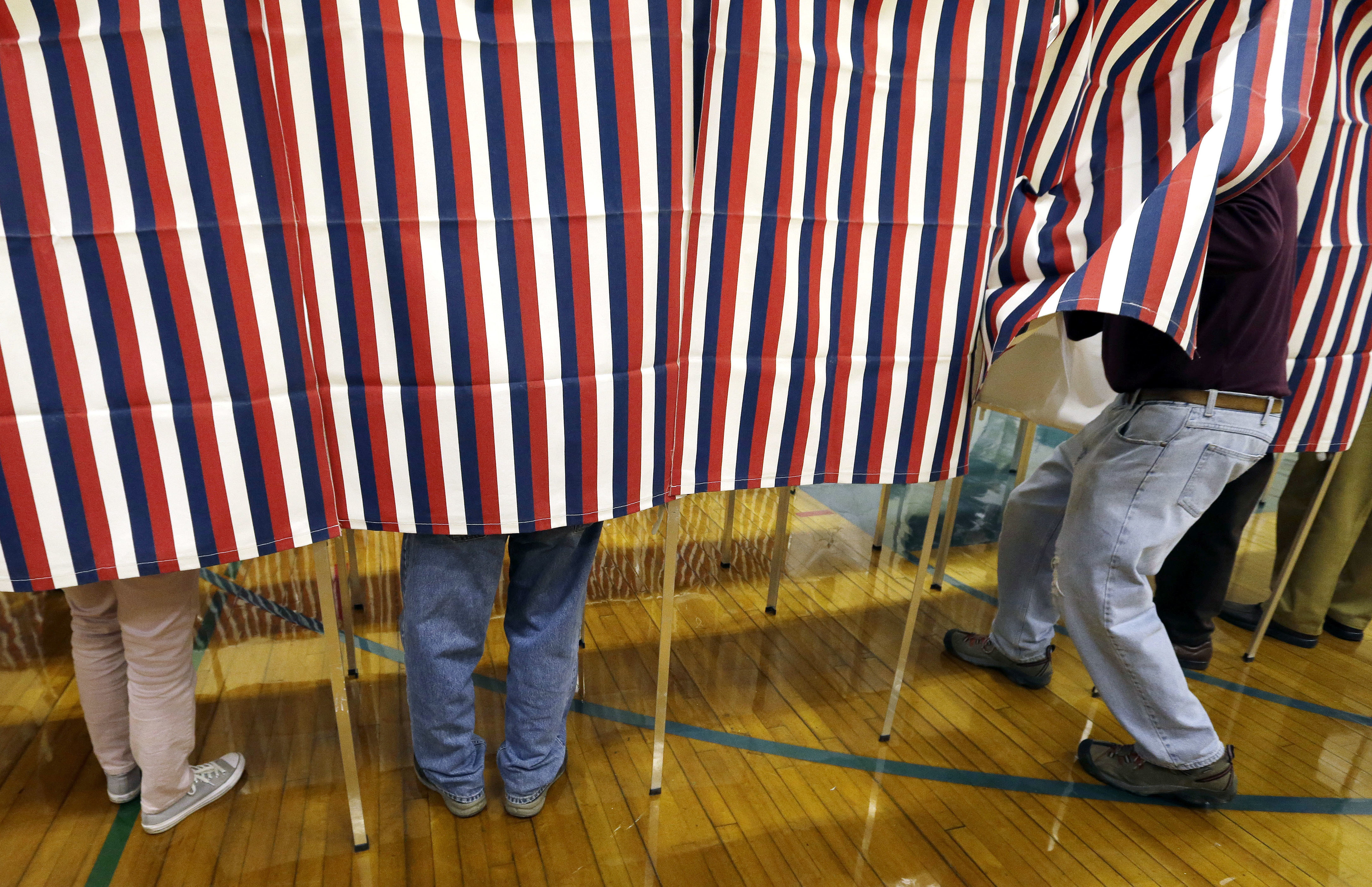Close the Domicile Loophole in New Hampshire

Editor’s Note: This op-ed submission was co-authored by Rep. Barbara Griffin (R-Goffstown), Rep. Betty Gay (R-Salem), Rep. Greg Hill (R-Northfield), Rep. Kathy Sousza (R-Manchester), Rep. Lisa Freeman (R-Manchester), Rep. Norman Silber (R-Gilford), Rep. Steve Hellwig (R-Hudson), Rep. Steve Negron (R-Nashua), Rep. Yvonne Dean-Bailey (R-Northwood), Rep. Natalie Wells (R-Warner), and Rep. Michael Harrington (R-Strafford).
For the past three election cycles, New Hampshire voters and activists have been calling for substantive election law reform that points our state in the direction of stronger ballot integrity. For too long, many people voting in our state elections have been able to register to vote and vote without proving their domicile and showing that they live in their city or ward before voting.
This is ludicrous. The majority of Granite Staters, when registering to vote, show proof of domicile. Something that shows we live where we say we live: a driver’s license, an electric bill, a rental agreement or a motor vehicle registration or another commonsense piece of evidence that proves you live where you say you do.
But many people neglect this important step and refuse to show they are domiciled here and leave, on election day, with their vote counted regardless of whether or not they actually consider the state their domicile. They sign the state domicile affidavit without showing any proof of where they live and continue on their way.
This is called the domicile loophole. This loophole leaves our elections in New Hampshire vulnerable to fraud and abuse. It might not be thousands or even hundreds of improperly cast ballots – it could just be a handful. But as we all know, dozens of New Hampshire elections are decided by just one or two votes. That’s why we must ensure that everyone who votes in our elections is domiciled in New Hampshire in the ward or town they are voting.
Now the New Hampshire legislature has a bill that will tackle the domicile loophole and will finally close this kink in our election laws. This bill is Senate Bill 3 and it is coming up for a vote in the House of Representatives on June 1st
Under Senate Bill 3, if someone registers to vote on the same day of the election without proof of their domicile they are then required to return to the Town Clerk’s office within a period of 10 or 30 days (depending on the town clerk hours) to return with their proof of domicile. Currently, we let those who do not show proof of domicile slide by the wayside by signing an affidavit. The state never follows up and voters are able to cast their ballot without proving that they live here. That is unacceptable – and conservatives, moderates and even liberals should agree. Election integrity is important and our elections should always be taken seriously.
Under Senate Bill 3, those who do not return to the clerk’s office with the proper proof of domicile will have their domicile verified through a series of municipal level inquiries and rising to investigations through the Attorney General’s office if the issue is not resolved at a lower level. After passing SB3, illegal voters will think twice before voting in New Hampshire.
This shift of responsibility in proving one’s domicile back onto the voter is powerful. When Senate Bill 3 passes, the Attorney General’s will no longer be bogged down by the thousands of letters being returned to their office. Instead, they’ll be able focus on only the serious cases and investigations that could not be resolved by the supervisors of the checklist, municipal designees or the Secretary of State’s office. With the coordination of municipal and state officials, we will finally have a system of dealing with improper voting and registration concerns.
Conservative opposition says this legislation doesn’t go far enough. We’ll be the first to admit – there are other areas in which we can improve our election laws. Whether it’s the voter registration process or the identification used to obtain a ballot – we can make some changes.
But Senate Bill 3 is a unique piece of legislation with a specific goal: to close the domicile loophole.
If you care about election integrity and closing the domicile loophole, please reach out to your State Representatives. The vote on June 1st will be close and the liberal opposition to this bill will have a strong grassroots showing. We need to ensure our message is conveyed with an equal fortitude.
Senate Bill 3 as a good and important first step. I hope we can count on our legislators to put politics and personalities aside to support ballot integrity and close the domicile loophole.





